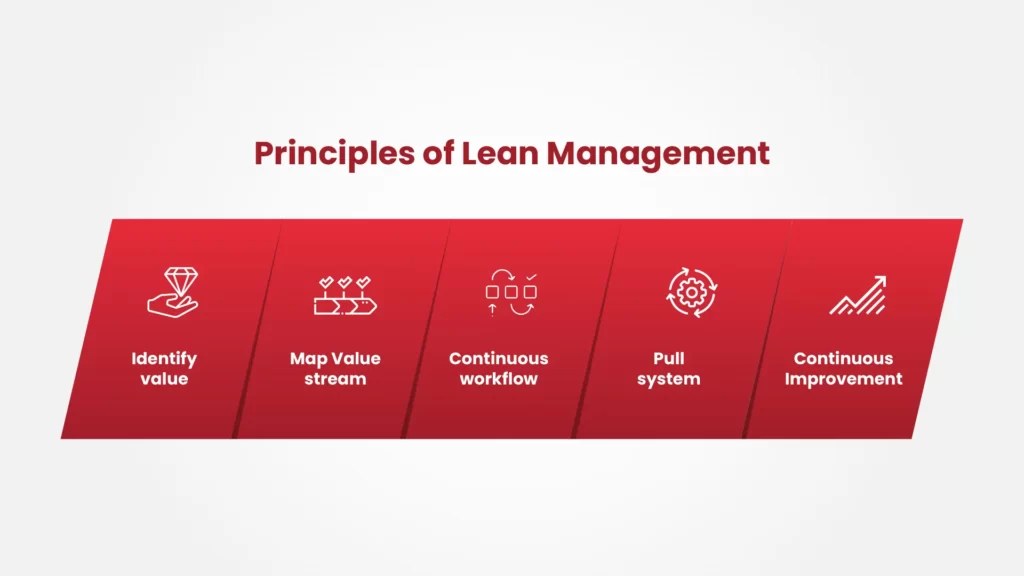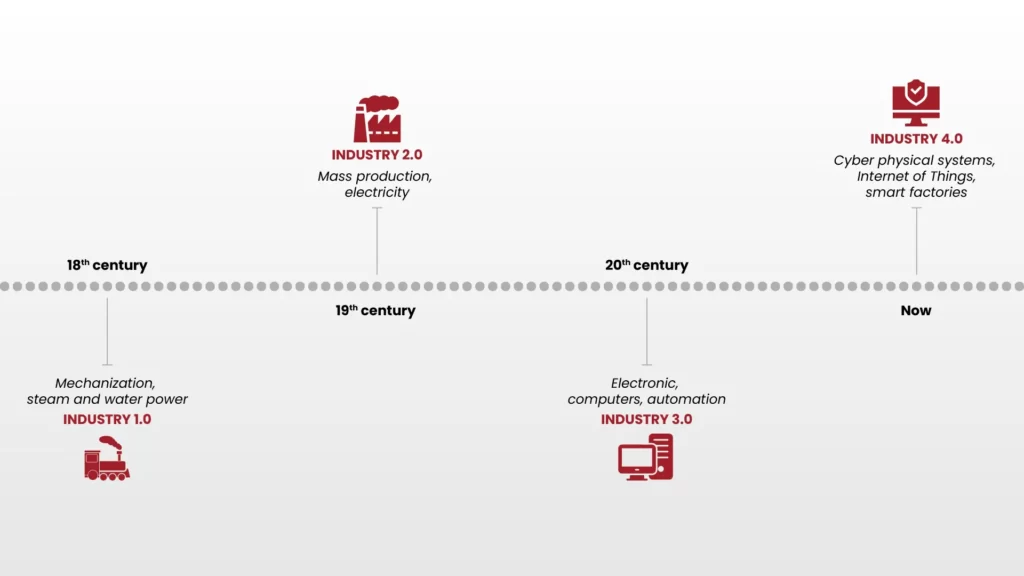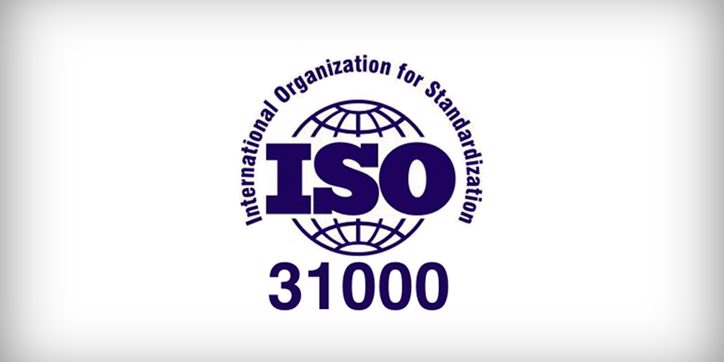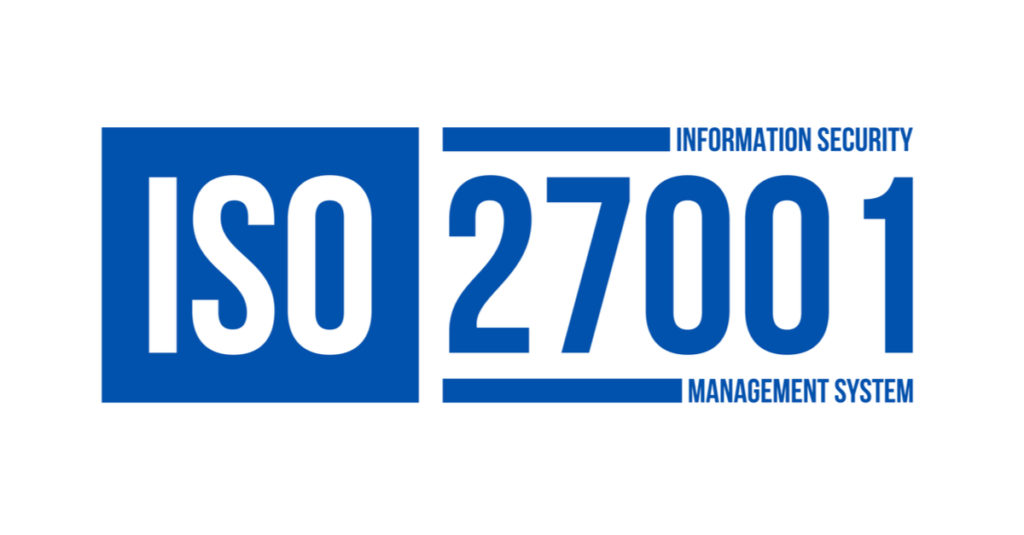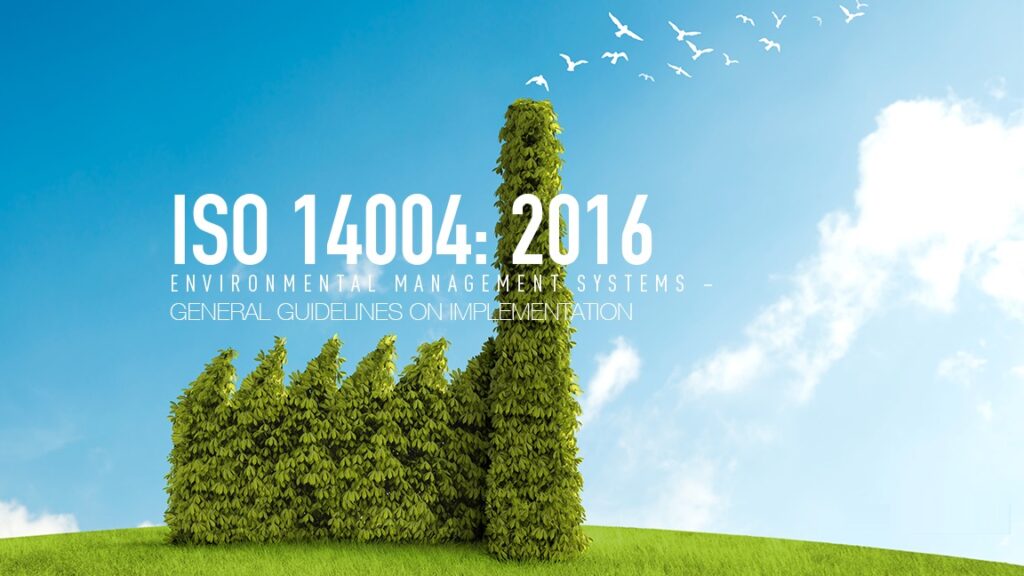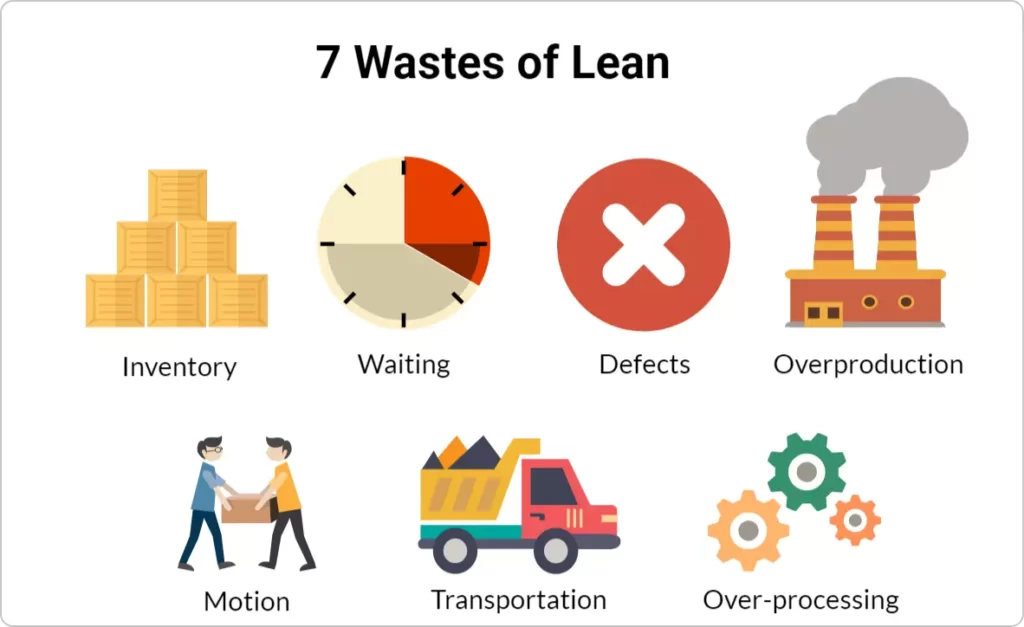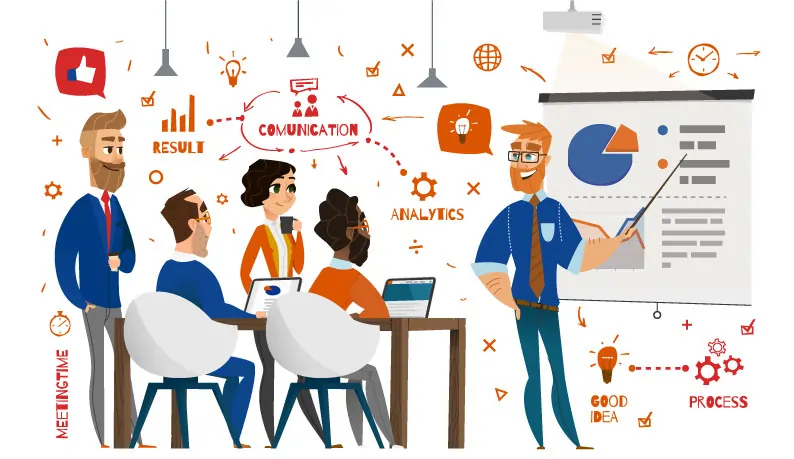Lean management is a prevalent method that emphasizes continuous improvement. By a methodical and long-term strategy, lean management strives to accomplish progressive development and boost efficiency inside an organization.
Industry 4.0, often known as the Fourth Industrial Revolution, is used to conceptualize the current era in which automation and digitization have dominated the industrial industry. It refers to the integration of numerous advanced technologies that are reshaping how individuals and industries function.
Risk is present in every part of our lives, from simple everyday actions like choosing a route to work to sophisticated business decisions like establishing a manufacturing plant in a foreign country. Decades-long efforts to comprehend risk and its nature have resulted in the development of strategies and approaches that help individuals and organizations to make sound decisions based on logical thinking. ISO 31000, an international standard that includes concepts, proven techniques, and guidelines for managing the risks businesses confront, provides one of the most prominent frameworks for risk management.
ISO 27005:2022: In the current era of digitalization, businesses of all sizes are extremely concerned with protecting the privacy and security of their data. The growing number of cyberattacks, among others, poses a variety of hazards that could result in downtime, data breaches, compliance violations, loss of reputation and trust, monetary loss, and much more if they exploit businesses’ weaknesses.
Organizational waste can be defined as any activity, process, or practice that does not add value to the customer or the organization. It can take various forms such as time, resources, materials, or energy. Reducing organizational waste is critical for the success of any business. It helps to optimize resources, improve efficiency, reduce costs, and enhance customer satisfaction. In this article, we will explore some practical strategies for reducing organizational waste.
In today’s data-driven world, evidence based decision making has become increasingly important for organizations to make informed and effective decisions. Evidence-based decision-making involves using data and evidence to inform decision-making processes, rather than relying on intuition or past experience alone. In this article, Iran Govah will explore what evidence-based decision-making is, its benefits, and how it can be implemented successfully.
In today’s fast-paced and complex business world, organizations must be agile and efficient in their operations to stay ahead of the competition. A process-based approach to management provides a framework for achieving these goals by focusing on the processes that underpin an organization’s operations. In this article, Iran Govah explore what a process-based approach to management is, its benefits, and how to implement it successfully.
Effective leadership is critical to the success of any organization in today’s business world. Here are some of the reasons why: Sets the Direction: Effective leaders provide a clear vision and direction for the organization. They communicate the organization’s purpose, values, and goals, which helps to align the efforts of all employees towards a common objective.

